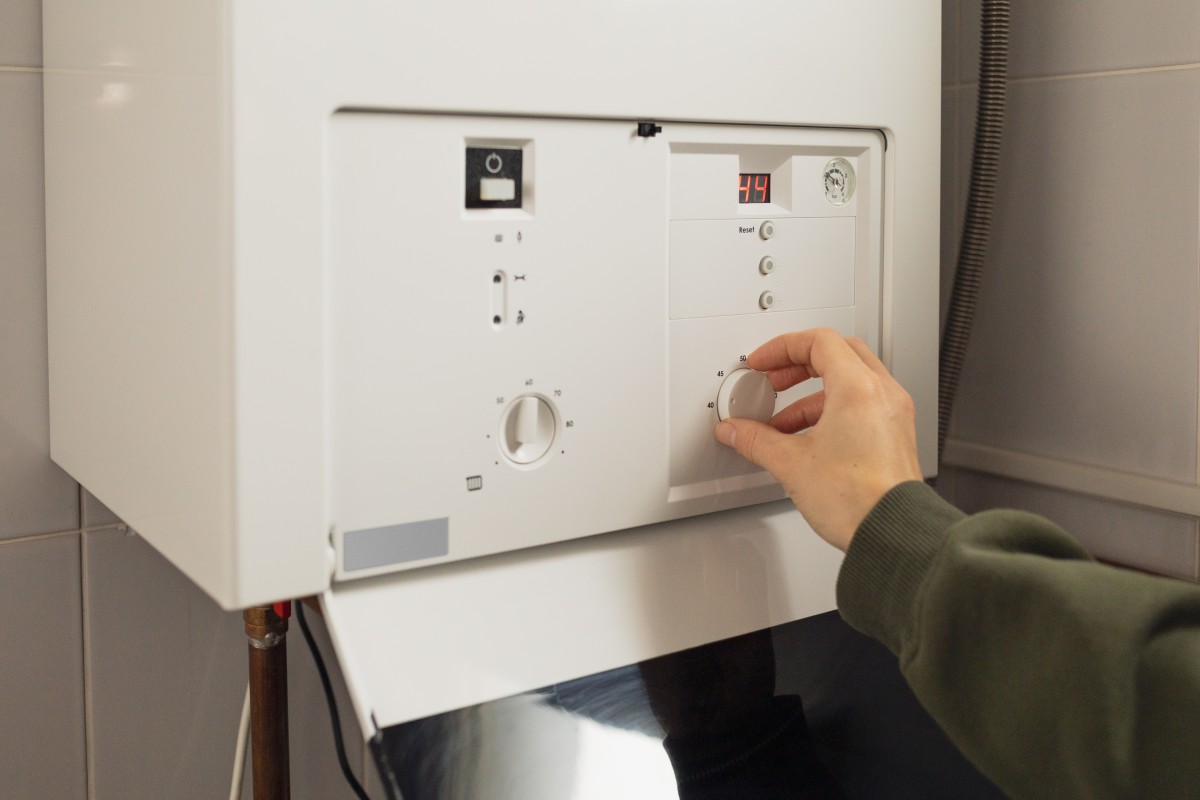
Article by Jorge Sáenz de Miera, Director of Avanza Credit at Deutsche Bank Spain
As we prepare to switch the heating back on, many are wondering whether this winter will be one of the last to hear the familiar roar of their gas boiler. For decades, these appliances have been the undisputed rulers of home comfort, but their era appears to be coming to an end. The future of heating lies not in burning gas, but in harnessing energy in a cleaner, more efficient and sustainable way. Moreover, both regulations and available subsidies are beginning to accelerate this transition.
The European Union’s ambitious agenda to meet the 2030 Sustainable Development Goals and the Paris Agreement includes, among other measures, the gradual replacement of gas boilers with heat pumps (air-source heat pumps) under its Energy Efficiency Directive.
In fact, 2025 already marks the beginning of the end for gas boilers. Although the transition will be gradual, it will start with the withdrawal of financial aid for the purchase and installation of any fossil-fuel boilers and will ultimately lead to the complete phase-out of this technology over the coming years.
Responsible for 10% of global CO2 emissions
Gas boilers are estimated to account for around 10% of global carbon dioxide (CO₂) emissions, according to the International Energy Agency (IEA). EU data also show that residential buildings are responsible for 40% of final energy consumption and 36% of greenhouse gas emissions. In Spain, 42% of homes currently use natural gas for heating, followed by oil (14%) and coal (3%).
The EU’s boiler transition directives aim to achieve an 11.7% reduction in both final and primary energy consumption by 2030. Each member state is required to meet cumulative annual targets for final energy savings.
Gas boiler alternatives and prices
Alternative systems to traditional gas boilers include aerothermal and geothermal energy (using heat pumps), biomass solutions such as pellet or wood stoves, and solar thermal or photovoltaic systems for heating and hot water.
Hybrid solutions are also possible, combining aerothermal energy with existing boilers, or using decentralised systems such as individual heat pumps or condensing boilers to give greater autonomy per home.
The cost of installing these systems typically ranges from €8,500 to €90,000, with payback periods varying considerably. While a new gas boiler has a low initial cost, systems such as aerothermal energy can generate substantial energy savings, often offsetting the initial outlay within 7 to 10 years, depending on system efficiency and consumption.
In the case of aerothermal energy, for instance, harnessing renewable sources can reduce – or even eliminate – reliance on gas, making it an excellent alternative. Its efficiency can be up to three times greater than that of traditional gas boilers.
Choosing a more efficient system is not only about cutting bills, improving thermal comfort, and making homes more sustainable; it is also a significant advantage in today’s property market, where energy efficiency and higher energy ratings are increasingly valued. Industry estimates suggest this can boost a property’s value by up to 12%.
Additionally, these alternative systems may qualify for government incentives or subsidies. Financial institutions, such as Deutsche Bank, also support the transition with fast and straightforward financing solutions, backed by years of experience tailored to the needs of homeowner associations.